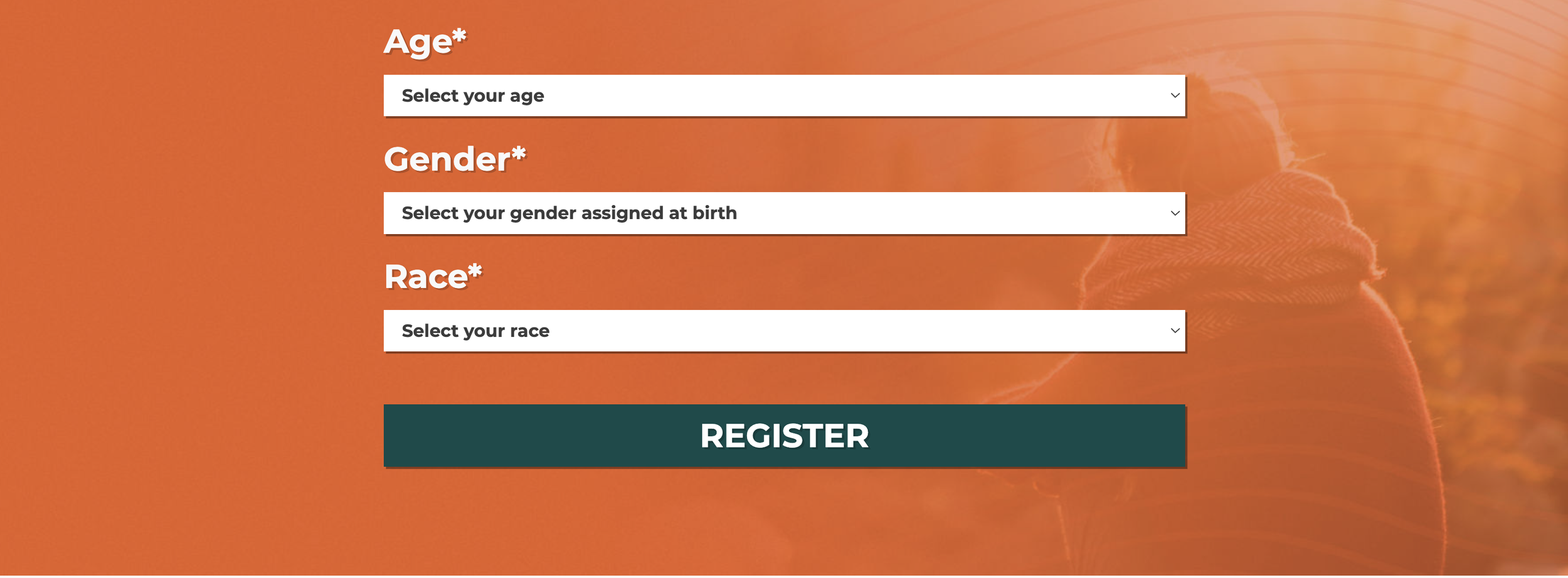Seeing Red
As an enneagram one, my “deadly sin,” or vice, is resentment, a deep-seeded anger towards something or someone. I see injustice (or what I consider wrong) happening to someone else or myself and have a hard time letting it go. I’m seriously calling myself out in this post. We could call it something else like being protective or frustrated, which in some ways, it is, but at the end of the day, it’s resentment, I gotta be real here.
It doesn’t matter what it is - the ex of my best friend that I will never trust, respect, or like again, the person I never met who cut me off, the person who deeply hurt my family member, the friend who stopped talking to me, etc. I can be resentful. I won’t forget what happened. These things that happened in the past still have the ability to get me worked up now. And for what? What good is that doing for me? Nothing. It can actually be pretty harmful. And I think some of you are going to be able to relate with me on this. We all have something in our life that is still able to get us worked up years later.
When we’re continually letting ourselves get worked up about someone or something, it’s impacting our physical health. Our blood pressure is high, and the chemicals released with being angry can have lasting effects. There is an increased risk of heart disease, irritable bowel syndrome, fatigue, and some autoimmune disorders (Before forgiving - the effect of anger and resentment on the body, 2014).
So what do we do about this resentment? One thing my mom taught me in my teenage years was to make forgiveness lists for those who hurt me. I can’t begin to emphasize how helpful this has been. Essentially, you make a list of everything you can think of for how this person has hurt you. Don’t leave anything out and be detailed. At the top of the page, write “I forgive ___ for:” When you’re done with this list, make another list with things you have to forgive yourself for regarding the person/thing. “I forgive myself for ___.” Be honest. This is a form of hard self love.
When you’re finished with your lists, start going through each point and say the full statement each time. “I forgive ___ for ____.” Go slow and think about what you’re saying each time. Move on to the list about yourself and do the same thing. When you’re done with both lists, tear them up and throw them away or burn them. This step is important as it symbolizes being done with that resentment.
The forgiveness list is emotionally draining. I would recommend doing it in the evening when you have no other plans for the night or when you can recuperate for a couple hours afterwards. Any time you think of what that person did or said again, remember that you forgave them. This is not about forgetting what they did, but releasing the hold on the emotions leftover from it. Watch the resentment disappear.
Reference: Before forgiving - The effect of anger and resentment on the body. (2014). Symmetry Counseling. Retrieved from https://www.symmetrycounseling.com/uncategorized/forgiving-effect-anger-resentment-body/.
Challenges/Points:
Resentment can physically impact our health from raising blood pressure to increasing our risk of autoimmune disorders.
Letting go of resentment means forgiving whoever/whatever hurt you and choosing to let go of the anger when it resurfaces again.
Think about who you may need to forgive. Who/what is causing resentment in your life.
Questions:
Want to dive deeper into today’s topic? Participate in this short questionnaire!
First, answer 3 opt-in questions, then dive into 2-3 topic-related questions to spark your thinking!
To talk more about this or something else on your mind text the number 494949 to chat with our team or visit RemedyLIVE.com/chat anytime, day or night.
Did someone send you this post, and you want to subscribe to our free self care guide? Text CARE to 494949 to receive daily posts.


